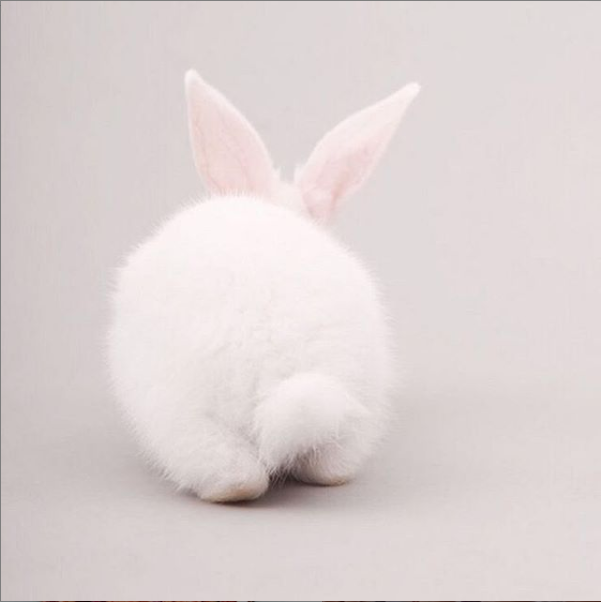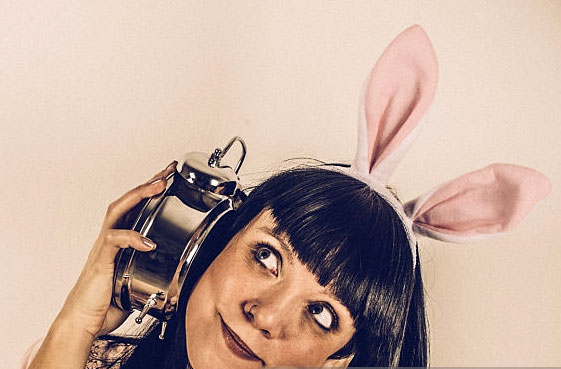
Colourful eggs occupy a special status during Easter observances. They’re symbols of life, rebirth and renewal. In this regard they are a handy symbol for the resurrection of Christ, but the egg a symbol that has held this meaning long before Christians adopted it.
Some claim that at its roots, Easter is all about celebrating fertility and sex. Originally a celebration of Ishtar, the feirce and powerful Assyrian and Babylonian goddess of love, war, sex, fate, childbirth, marriage, and storms, Easter was changed to represent Jesus Christ after Constantine decided to Christianize the Empire. Her symbols – the egg and bunny – were the symbols of fertility and sex, meaning that eggs and bunnies had anything to do with the resurrection to begin with.
It is well known that under the Roman Empire, Christianity did indeed adopt the pagan rituals of conquered peoples in an effort to help convert them. The story seems plausible. Except it’s not quite true.
The word Easter does not appear to be derived from Ishtar, but from the German Eostre, the goddess of the dawn—a bringer of light. English and German are in the minority of languages that use a form of the word Easter to mark the holiday. Elsewhere, the observance is framed in Latin pascha, which in turn is derived from the Hebrew pesach, meaning of or associated with Passover.

While Ishtar doesn’t seem to be connected to eggs in any explicit way, there are plenty of other older traditions that involve the egg as a symbol of rebirth and feature it prominently in creation mythologies. The cosmic egg, according to the Vedic writings, has a spirit living within it which will be born, die, and be born yet again. Certain versions of the complicated Hindu mythology describe Prajapati as forming the egg and then appearing out of it himself. Brahma does likewise, and we find parallels in the ancient legends of Thoth and Ra. Egyptian pictures of Osiris, the resurrected corn god, show him returning to life once again rising up from the shell of a broken egg. The ancient legend of the Phoenix is similar. This beautiful mythical bird was said to live for hundreds of years. When its full span of life was completed it died in flames, rising again in a new form from the egg it had laid.
So when you play with your yoni egg this Easter, embrace your divine feminine nature.












